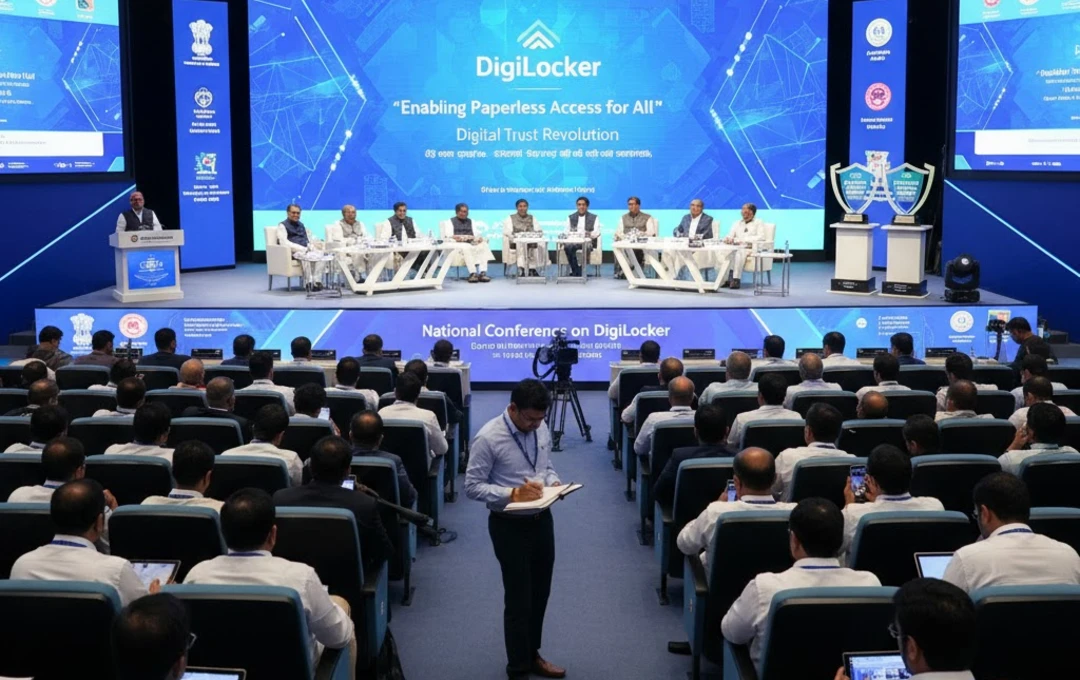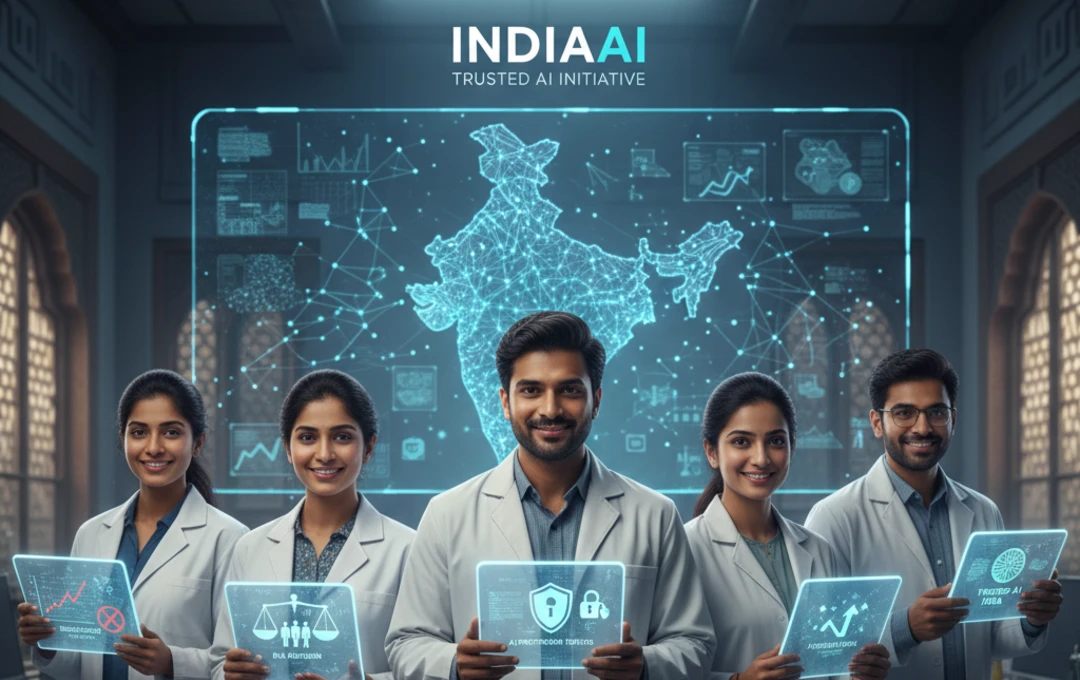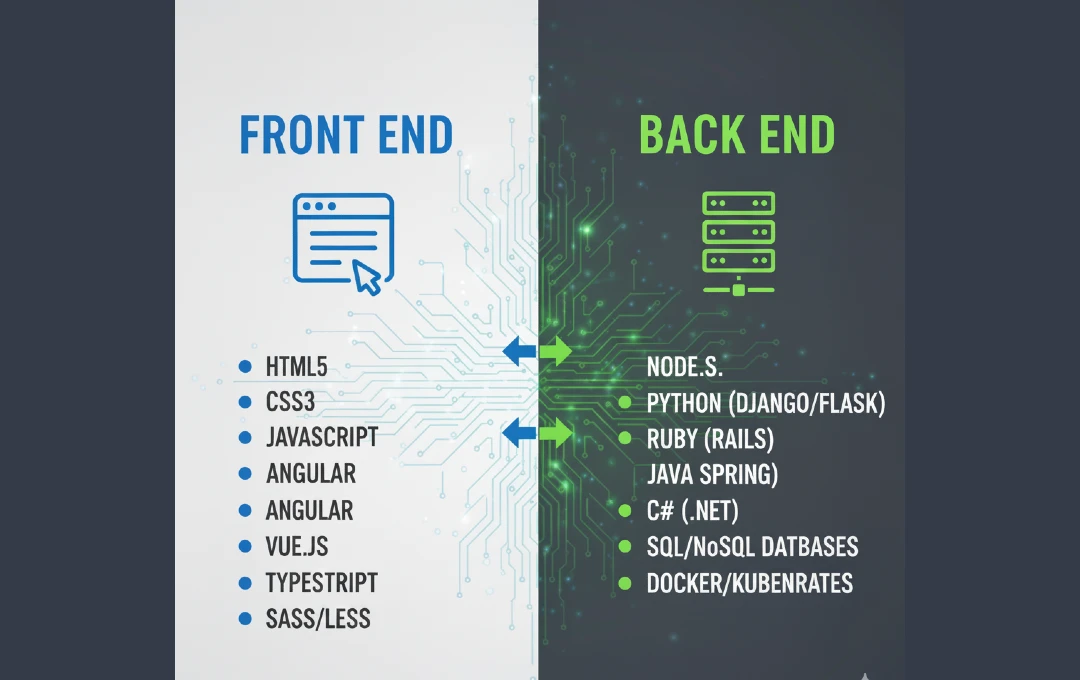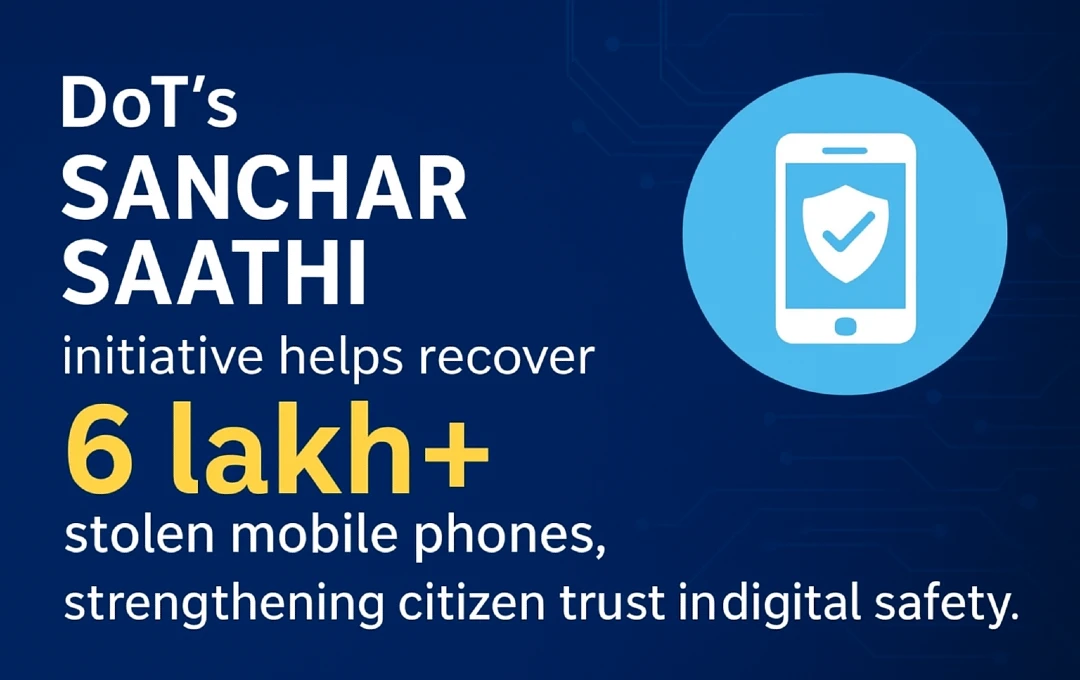India Launches 'Do No Harm' AI Governance Guidelines to Foster Safe, Inclusive Innovation
MeitY, under the IndiaAI Mission, released comprehensive AI Governance Guidelines focusing on human-centric development, risk mitigation, and ethical adoption.
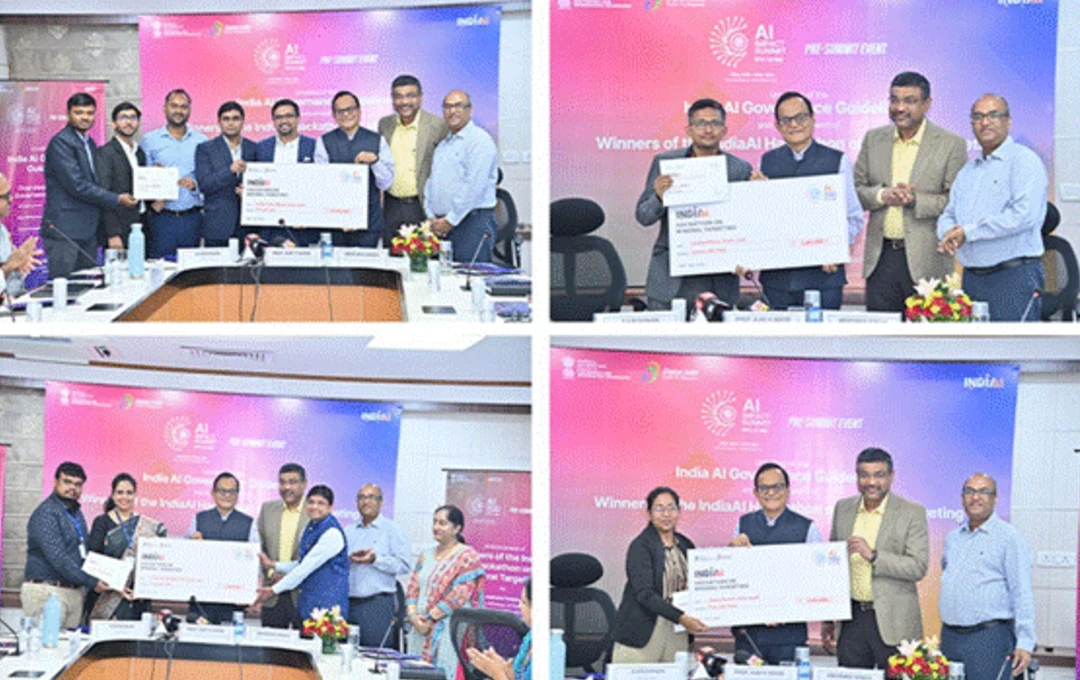
MeitY Establishes Robust Framework for Responsible AI Adoption
The Ministry of Electronics and Information Technology (MeitY), operating under the IndiaAI Mission, has unveiled the comprehensive India AI Governance Guidelines. This foundational framework is designed to ensure the safe, inclusive, and responsible adoption of Artificial Intelligence across all sectors in the country.
Formally released by Prof. Ajay Kumar Sood, Principal Scientific Adviser to the Government of India, the guidelines are set to become a reference point for policymakers, researchers, and industry leaders globally, fostering greater international cooperation, especially with nations in the Global South.
'Do No Harm' as the Core Principle
The central philosophy guiding the new framework is the principle of 'Do No Harm', as emphasized by Prof. Sood. He highlighted the government's balanced approach, which focuses on creating innovation sandboxes while ensuring robust risk mitigation within a flexible and adaptive ecosystem.
Secretary MeitY, Shri S. Krishnan, reinforced this human-centric focus, noting that the framework prioritises ensuring AI serves humanity and benefits people's lives while mitigating potential harms. He confirmed that the government intends to leverage existing legislation wherever possible for governance.
Framework Structure and Implementation
The comprehensive governance framework is structured around four key components:
Seven Guiding Principles (Sutras): Principles for ethical and responsible AI.
Key Recommendations: Measures spanning six critical pillars of AI governance.
Action Plan: A roadmap with defined short, medium, and long-term timelines.
Practical Guidelines: Instructions for industry, developers, and regulators to ensure transparent and accountable deployment of AI systems.
The guidelines were drafted by a high-level committee chaired by Prof. Balaraman Ravindran of IIT Madras, following extensive public consultation to incorporate inputs from diverse sectors. Shri Abhishek Singh, Additional Secretary, MeitY and CEO IndiaAI Mission, confirmed the government's dedication to making AI accessible, affordable, and inclusive while fostering a safe and trustworthy ecosystem.
Ahead of the India-AI Impact Summit 2026
The launch of these guidelines marks a key milestone in India's journey toward responsible AI governance, setting the stage for the highly anticipated India-AI Impact Summit 2026. The summit is scheduled to be hosted in New Delhi from February 19-20, 2026, where global leaders will deliberate on the transformative role of AI in driving People, Planet, and Progress.
IndiaAI Hackathon Winners Announced
The event also recognised the winners of the IndiaAI Hackathon for Mineral Targeting, organised in collaboration with the Geological Survey of India (GSI). The hackathon leveraged AI and ML for resource discovery, with the top prizes awarded to:
First Prize (₹10 lakh): CricSM AI for critical and strategic mineral mapping.
Second Prize (₹7 lakh): Knowledge and Data-Driven Mineral Targeting Approach.
Third Prize (₹5 lakh): SUVARN: Semi-Unsupervised Value-adaptive Artificial Resource Network.
